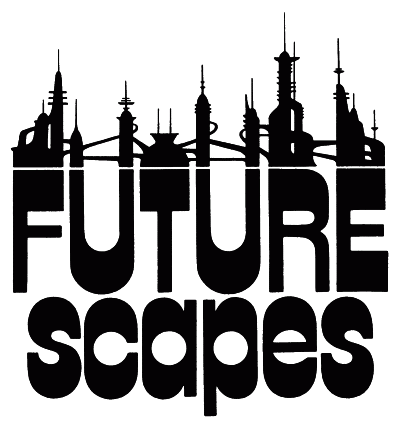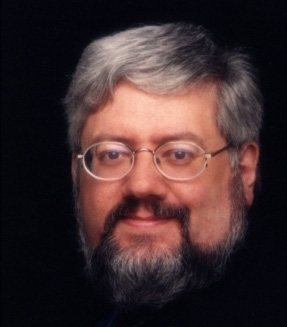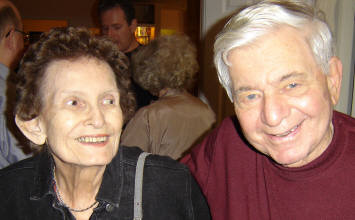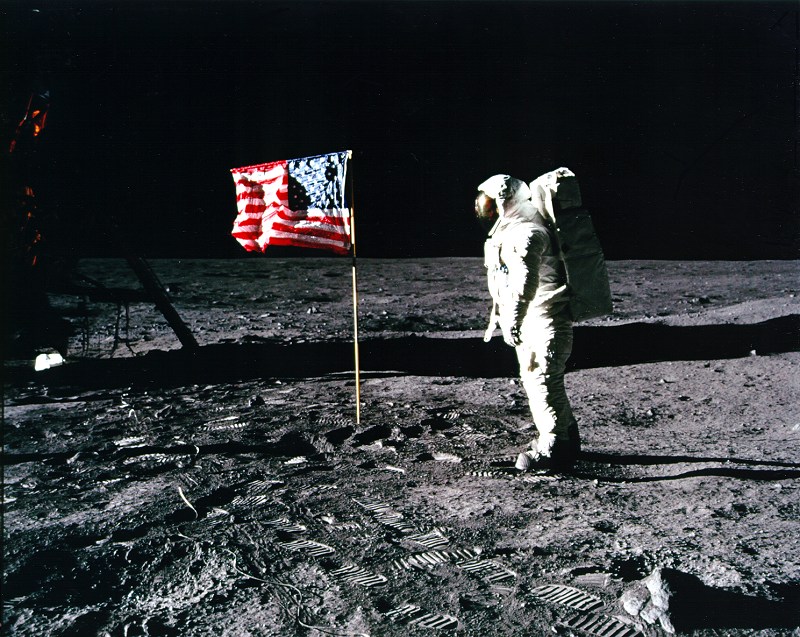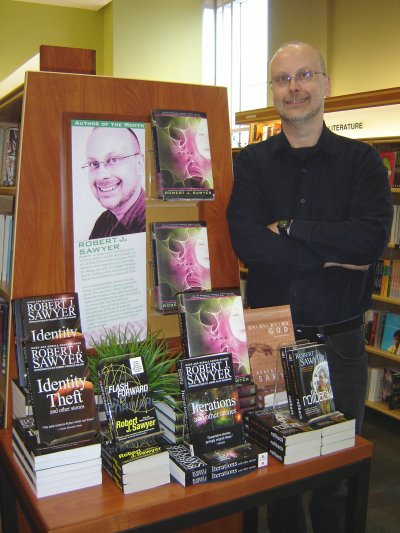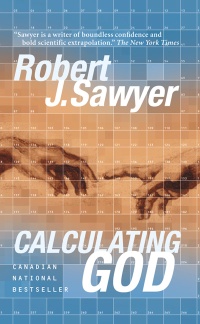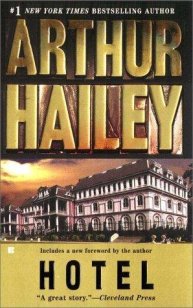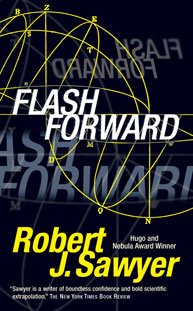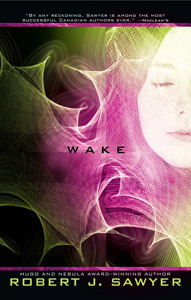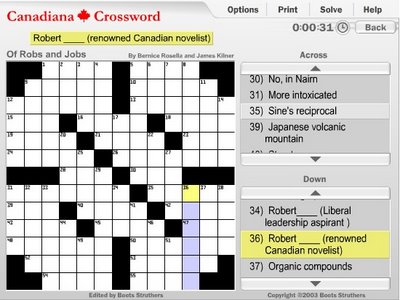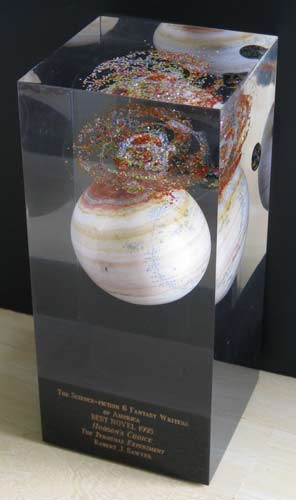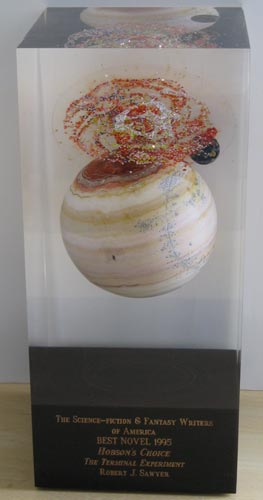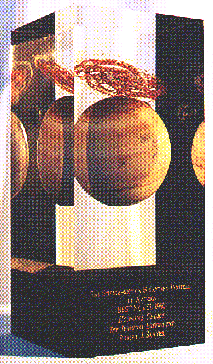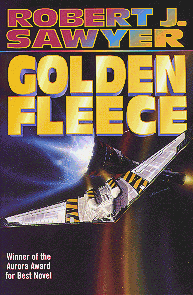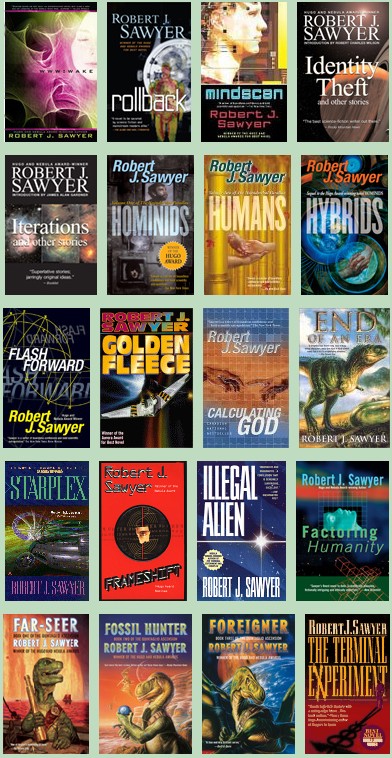Short stories: five years after giving them up
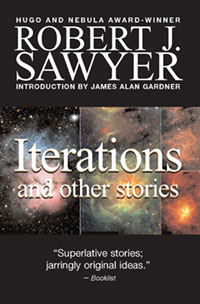
It was five years ago today that I finished writing my last short story. That story, "Biding Time," was written for the DAW Books anthology Slipstreams, edited by Martin Harry Greenberg and John Helfers.
I guess I went out with a bang. The story was reprinted in the prestigious Penguin Book of Crime Stories and (after some on-stage drama!) won the Aurora Award. And the film option on it (and its prequel, "Identity Theft") was just renewed for a fourth year.
I had a nice little career as a short-fiction writer: 44 stories published (all now collected in two handsome volumes available from Red Deer Press), two Hugo nominations, one Nebula nomination, a Bram Stoker Award nomination, four short-story Aurora Award wins, plus winning France's top SF award for best foreign SF story, as well as winning Analog magazine's Analytical Laboratory Award, Science Fiction Chronicle's Reader Award, and the Crime Writers of Canada's Arthur Ellis Award, all for best short story of the year.
I gave up writing short fiction because I just didn't really enjoy writing it, and life's too short to spend on things that aren't fun.
I also gave up writing it, to be honest, because short fiction pays abysmally poorly. Six cents a word is a super rate for short science-fiction stories from the traditional SF markets (and those rates haven't gone up in the 30 years since I sold my first short story), which works out to about $250 for a typical 4,000-or-so-word short story; a while ago, I did a treatment for a miniseries, which was also 4,000 words long, and was paid $25,000 -- or six dollars (one hundred times as much) per word, and I had a blast doing the treatment.
And I gave it up because, frankly, after 19 years of publishing novels, I could count on the fingers of one hand the number of people who have ever said they first discovered me through my short fiction instead of my books.
All of which leads to a rather ironic announcement: I've just made my first sale ever to Canada's venerable Tesseracts anthology series. I'll be in Tesseracts 14, edited by John Robert Colombo and Brett Alexander Savory. Did I relent, you ask? Nope, not really. The work that's appearing in that book, coming this fall, is not a story but a prose-poem (one I performed for a very appreciative audience last year the the World Science Fiction Convention in Montreal).
In the intervening five years since I finished writing "Biding Time," I've turned down numerous commissions to write more short stories, including several dollar-a-word ones from glossy publications. I'm quite content about the decision; what I really enjoy doing is writing novels and scripts ... and I should get back to that right now. Toodles!
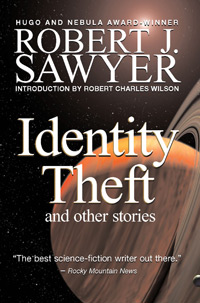
Robert J. Sawyer online:
Website • Facebook • Twitter • Newsgroup • Email
Labels: Milestones, Short Fiction
